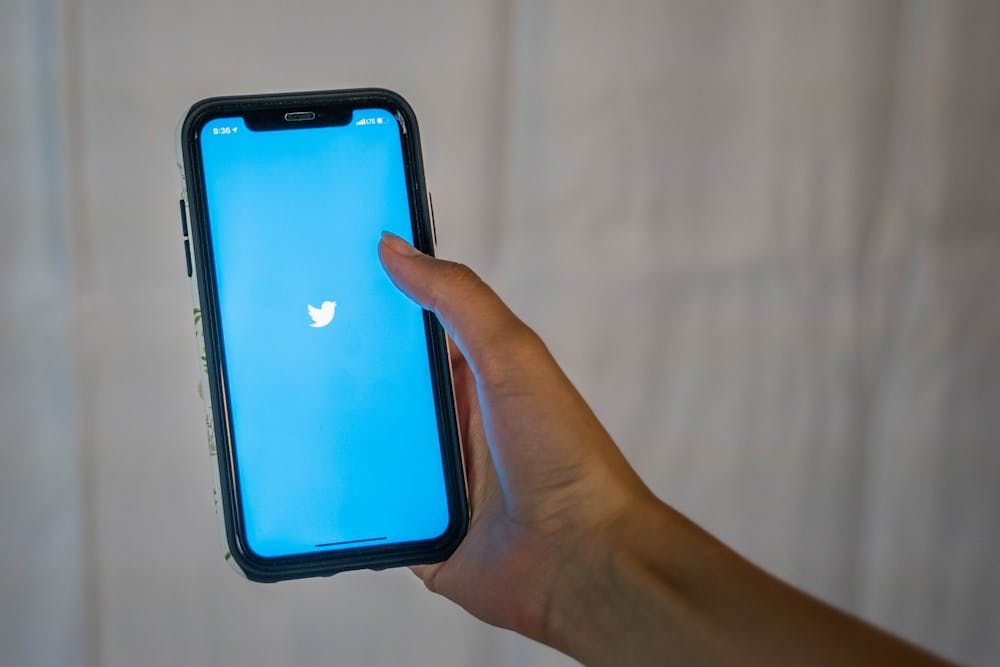If you’re active on Twitter or Instagram, chances are you’ve witnessed the surge in activism surrounding Black Lives Matter on these platforms throughout the summer.
Because COVID-19 has made physical proximity nearly impossible, activists have relied heavily upon digital platforms to educate and organize.
But many agree that virtual advocacy comes with challenges, like when people post online without taking further action, the misconstruction of information and a potential lack of empathy and understanding among users.
Veda Patil, co-president of the UNC Campus Y, said she thinks a major shift toward online activism took place in March when students left campus.
“I think that’s when the transition started, where we started thinking about ways we could use social media and the internet in place of in-person meeting,” Patil said. “I think there’s also been an increase in participation, and that’s been since the death of George Floyd.”
Thilini Weerakkody, the other co-president of the Campus Y, said one of the biggest advantages of online activism is that it creates a wealth of easily accessible information. She said the surplus of educational tools circulating social media has created opportunities to attend webinars and workshops she wouldn’t have had access to if there hadn’t been such a shift to the internet.
“One of my favorite quotes is that in the age of information, ignorance is a choice,” Weerakkody said. “I think that being on the internet really ensures that people have access to information, and they can make informed decisions, which is so important.”
Ampson Hagan, an anthropology graduate student and member of the UNC Anti-Racist Grad Worker Collective, said social media plays a big part in disseminating information and mobilizing people.
“Social media’s platform allows for really quick, really rapid scaling up of efforts and demands and actions,” Hagan said.



